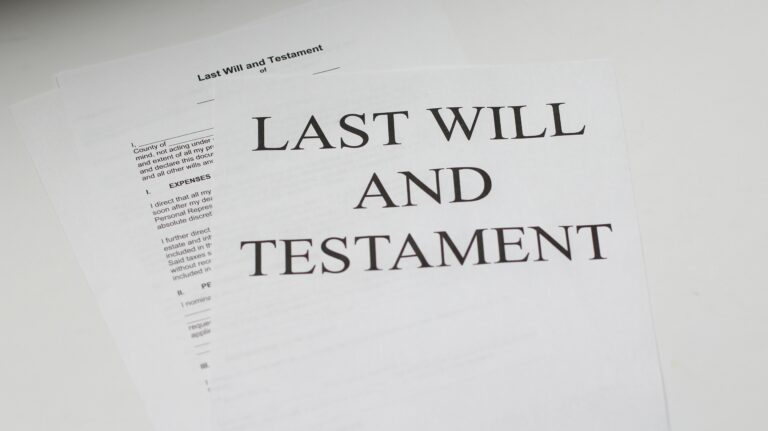
What about House Contents when Someone Dies?
Probate law does not allow anyone to take items from a loved ones’ home after they die, until the will has been probated. Learning about probate, what it entails and how to prepare for it may make it a little easier when a family member dies, says a recent article titled “Can you empty a house before probate? from Augusta Free Press. Knowing what to expect can avoid common pitfalls and mistakes, some of which often lead to family fights and even litigation.
Probate is a court-supervised period when the estate of the decedent is on pause. Assets may not be distributed, including personal items in the home. The goal is to ensure that assets are distributed only after the will has been ruled valid by the court and following the instructions in the will.
Probate includes the legal appointment of the executor, who is named in the will with specific statutory responsibilities, to include ultimately distributing assets.
For many people, estate planning includes preparing assets to avoid the probate process. An estate plan includes a review of the entire estate to see which assets are best suited to be taken out of the estate. Living trusts, joint ownership, transfer-on-death (TOD) and many other estate planning strategies can be used, depending on the person’s finances.
Certain tasks can be accomplished during probate relating to the home and other property. This includes changing the locks on the home to protect it from criminals and unauthorized people who have keys. The decedent’s mail can be forwarded to the executor or another family member’s address. A review of the decedent’s bills, especially monthly payments, can take place. If there’s a mortgage on the home, the mortgage company needs to be contacted and the payments need to be made.
As the end of the probate period nears, it may be time to contact an appraiser to get an unbiased, professional appraisal of the home’s value. This will be needed if the home is to be sold, or if the estate plan needs a valuation of the home.
Probate is often a necessary process. It can create challenges for the family, especially if no estate planning has been done. In some jurisdictions, probate is quick and painless, while in others it is a long and expensive process. Prior planning by an experienced estate planning attorney prevents many of the issues presented by probate.
After probate has been completed, the executor distributes the assets, including the personal property in the home. Personal property with sentimental value often sparks more family fights than assets of greater value. Administering an estate when emotions are running high is a challenge for all concerned.
Another reason to have an estate plan in place is to delineate very specifically what you want to occur after your death. That way there is no room for family members to stake a claim and do something contrary to your wishes.
Reference: Augusta Free Press (May 13, 2022) “Can you empty a house before probate?




